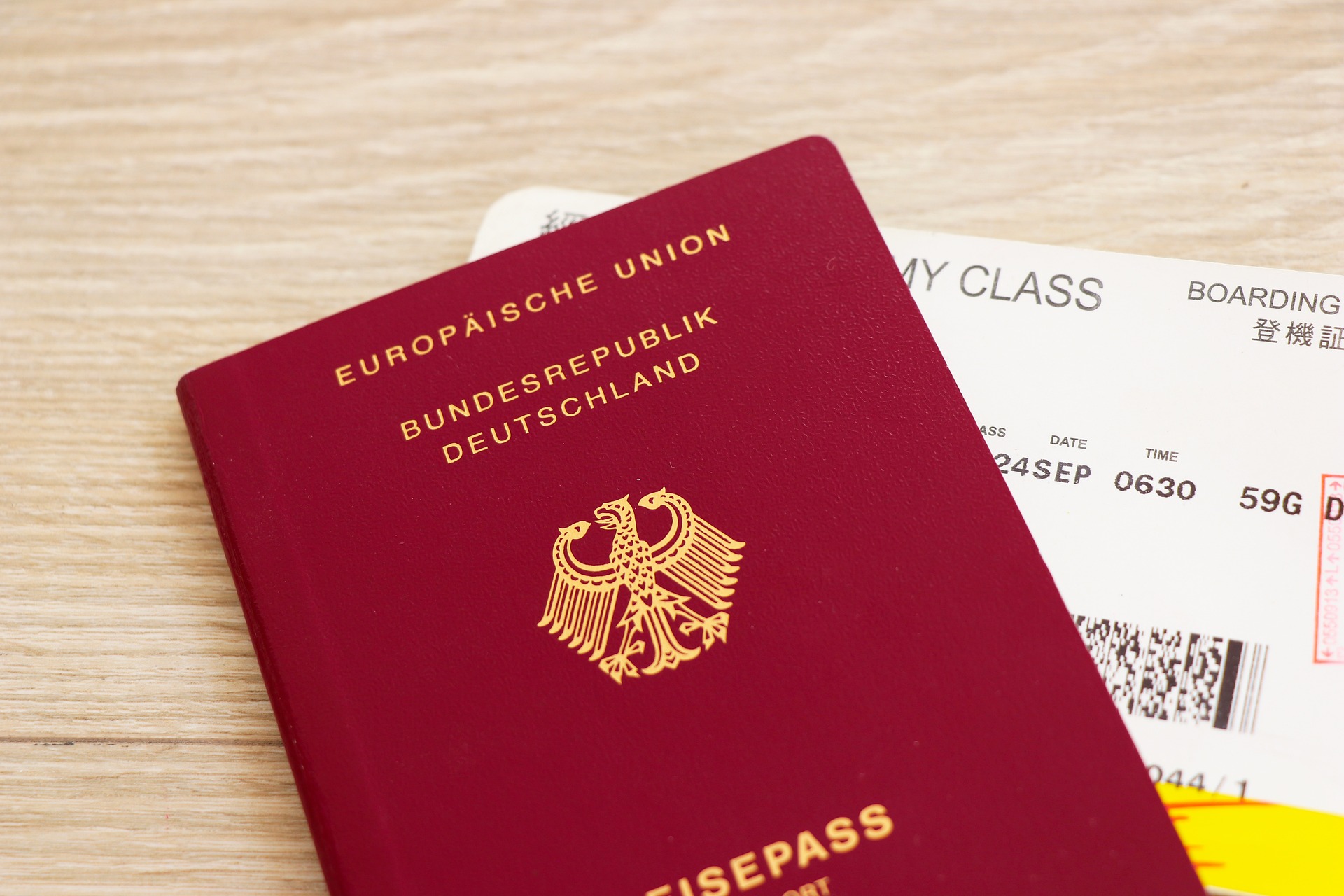
Germany offers a wide range of opportunities for those who want to study, work, or start a new life. However, the visa application process can be confusing if you’re not familiar with the requirements or necessary steps. Making mistakes can lead to delays, denials, or even losing valuable opportunities.
In this article, we’ll share the 5 most common mistakes when applying for a German visa—and how to avoid them.
1. Not choosing the correct visa type.
One of the most frequent mistakes is applying for the wrong visa. Germany has several types of visas depending on your purpose: work, studies, job-seeking, family reunification, etc.

2. Not meeting the required German language level.
Some visas require a minimum German level, especially if you’ll work in regulated professions or in customer-facing roles.

3. Submitting incomplete or poorly translated documents.
Another very common mistake is providing incomplete documents, missing apostilles, or lacking certified translations into German.

4. Not proving financial means.
For many visas, it is mandatory to prove that you can support yourself financially during your stay. This can be demonstrated with bank statements, a sponsorship letter, or a blocked account.

5. Not preparing for the consular interview.
The interview at the embassy is crucial. Some applicants don’t prepare and answer with uncertainty or contradictions, which can raise doubts in the process.

Conclusion
Applying for a German visa doesn’t have to be complicated if you stay informed, get expert guidance, and follow all the steps carefully. Avoiding these mistakes will save you time, money, and frustration.
Do you need help with your German visa?